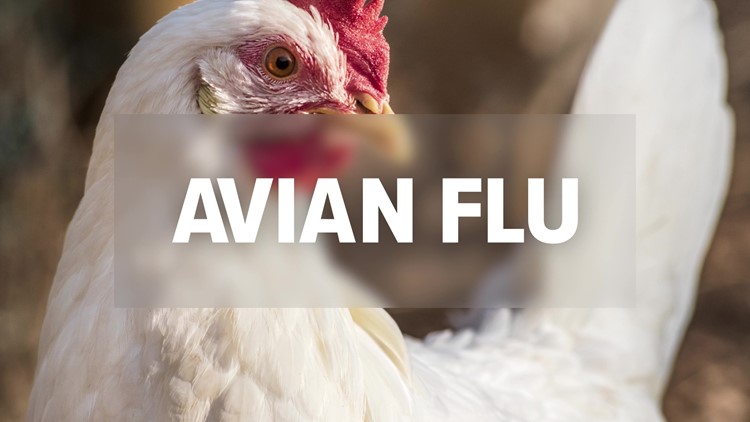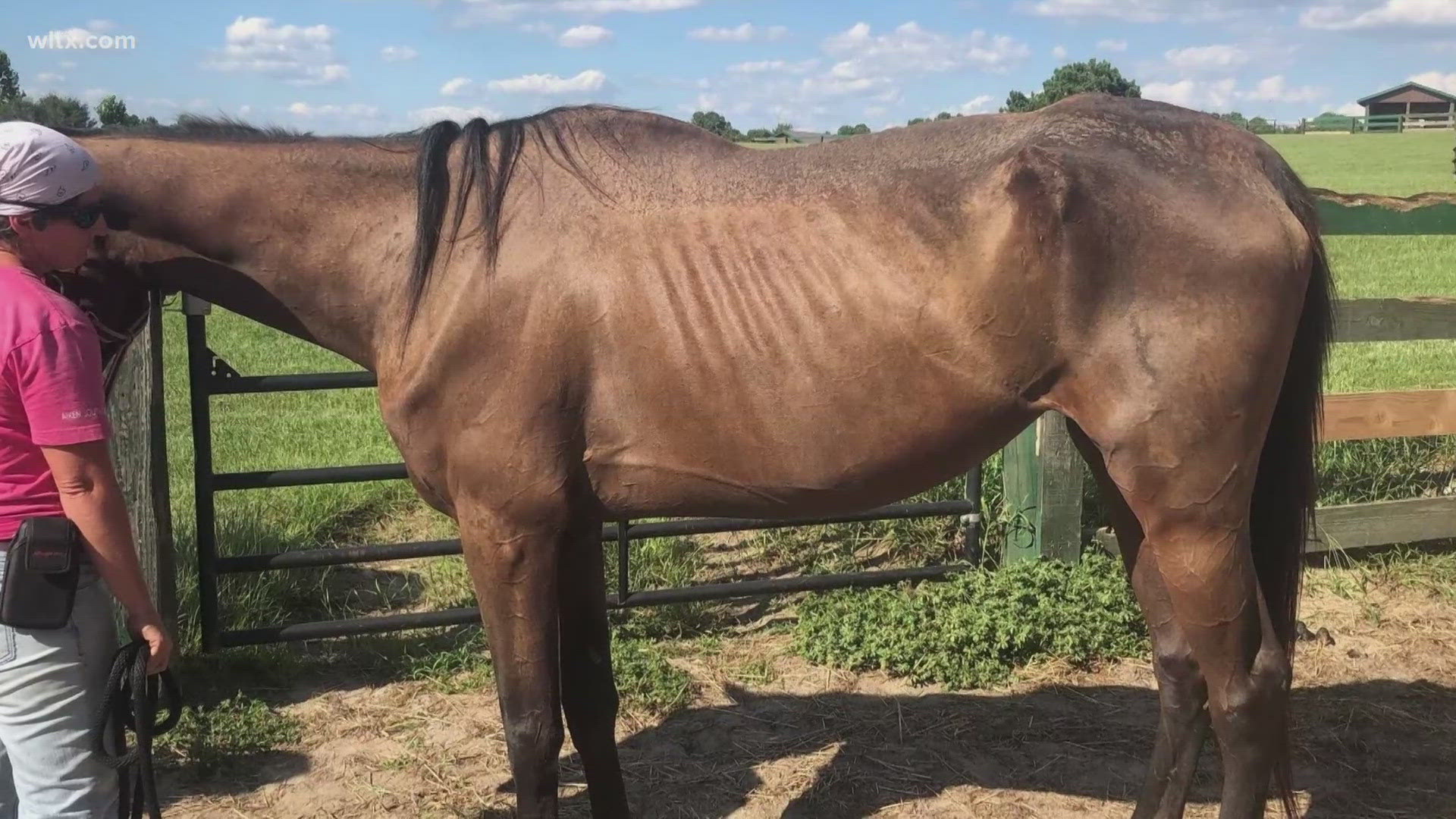BEAUFORT COUNTY, S.C. — Clemson Extension is warning South Carolina poultry operations that a form of flu that's often deadly to birds has been found in a Lowcountry flock.
According to the agency, a mixed flock of domesticated birds in Beaufort County has tested positive for a Eurasian strain of Highly Pathogenic Avian Influenza (HPAI).
The illness, which is already impacting 45 states nationwide, was confirmed on Nov. 3 by testing of dead birds that were submitted to the Clemson Veterinary Diagnostic Center and sent to the USDA's Animal and Plant Health Inspection Service (APHIS) labs in Iowa.
The federal agency is now working with state officials to respond to the incident. This includes additional monitoring and testing around the infected flock.
State Veterinarian Michael Neault said that the flock was in an isolated location so the evidence suggests the domesticated flock got the virus from wild birds.
"And this gives us a tremendous advantage in preventing its spread," Neault said in a statement provided by Clemson University.
The area where the birds were located has been quarantined and Clemson extension said the birds will be "depopulated" to prevent further spread.
Officials said HPAI is not a major risk to human health but is highly contagious in birds, including commercial and backyard poultry. And while the virus is not considered a food safety threat, extension officials added that the birds that are infected are not introduced to the food system.
While efforts to control the virus are quickly put in place when it's discovered, Neault said poultry operations both large and small should stay alert, particularly in the fall and winter when wild waterfowl are migrating to South Carolina.
"The positive flock in Beaufort County reinforces the need for commercial operations and backyard flock owners to continue following strict biosecurity measures, including keeping birds enclosed without access to wild birds or other domestic flocks,” Neault said.
According to Clemson Extension, there are signs other than death that may help a poultry operation identify the virus early.
These include:
- Reduced energy, decreased appetite, and/or decreased activity
- Lower egg production and/or soft-shelled or misshapen eggs
- Swelling of the head, eyelids, comb, and wattles
- Purple discoloration of the wattles, comb, and legs
- Difficulty breathing, runny nares (nose) and/or sneezing
- Twisting of the head and neck, stumbling, falling down, tremors, and/or circling
- Greenish diarrhea
Sick or dead poultry can be reported to Clemson Livestock Poultry Health during the week from 8 a.m. to 4:30 p.m. at 803-788-2260. Reports can also be filed online.
Sick or dead waterfowl should be reported to the South Carolina Department of Natural Resources at 803-734-3886.



